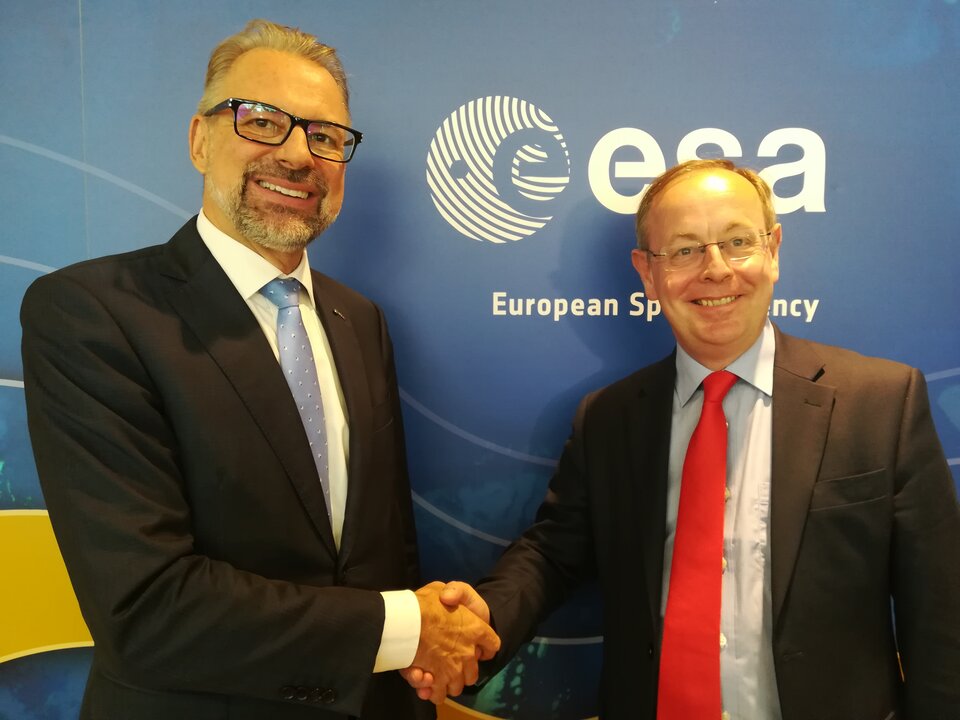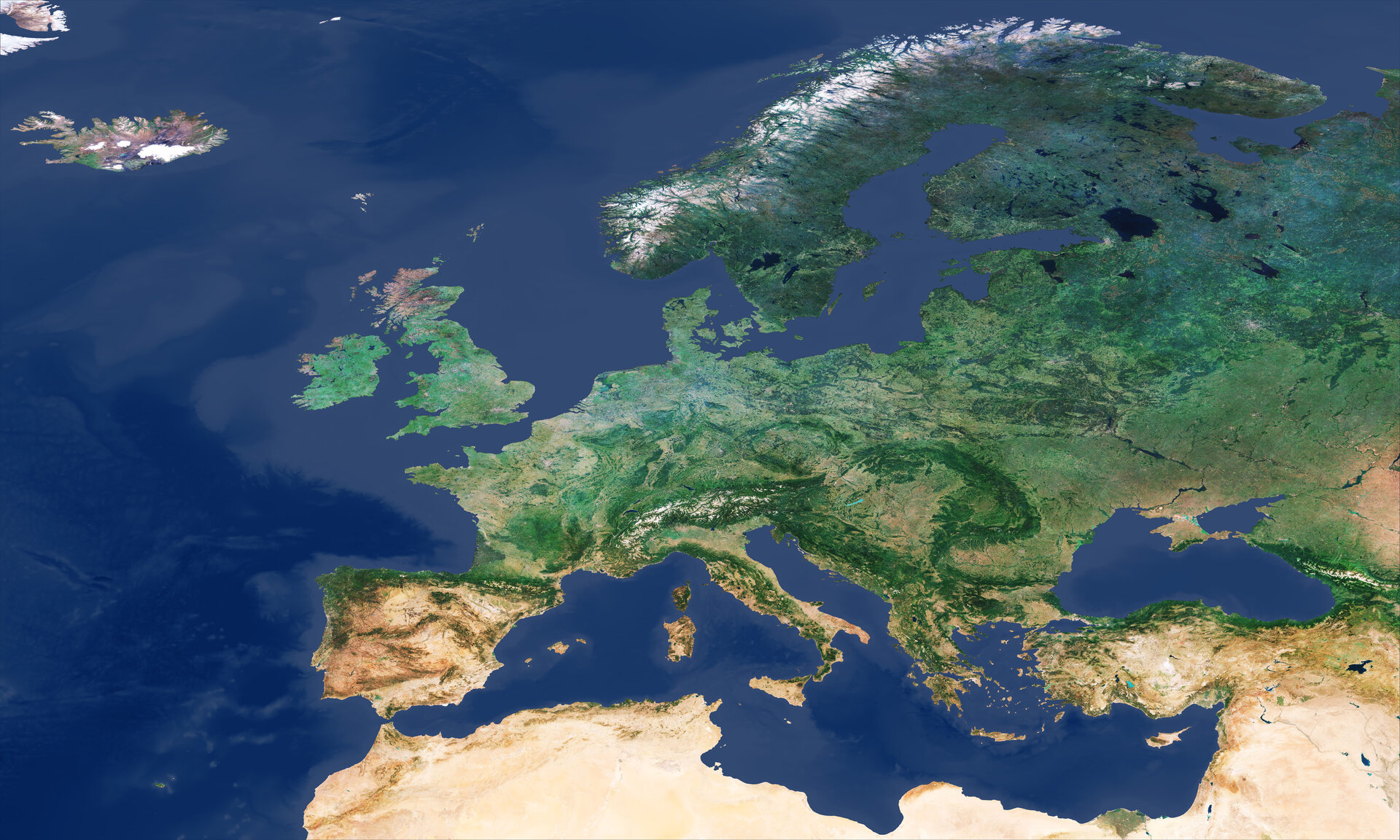Joining forces on Earth science to benefit society
With human activity leaving its indelible mark on the landscape and affecting the climate, our natural world is changing faster than at any other time in history. Science is fundamental to understanding environmental change so that these huge challenges can be tackled. To ensure a more efficient approach on Earth-system science and to bring direct benefits to society, ESA and the European Commission are working to join forces.
We are already in the grip of global change, and in the coming decades Earth’s growing population will place even more pressure on vital resources such as freshwater and food production. Along with the risk of further pollution, damage to ecosystems, declining biodiversity, global issues such as sea-level rise and the likelihood of more extreme weather events – there are some serious concerns to address.
Satellites orbiting high above our heads witness change and provide critical information to understand what’s going on and, ultimately, deliver the evidence needed to make informed decisions.
Since it has one of the most comprehensive and sophisticated space-based observation systems in the world, Europe has a unique opportunity to lead global efforts in addressing big environmental challenges.
However, a significant collaborative and integrated approach is needed to make sure that the scientific community gets the best out of this unprecedented capacity and that society then reaps the benefits.
This can only be achieved by promoting a strong programmatic and institutional collaboration, where different institutions and funding programmes bring together different expertise, data and resources in a synergistic manner, ensuring that the final result is bigger than the sum of the parts.
So, while thousands of scientists and data users are currently at ESA’s Living Planet Symposium to discuss the latest science results based on Earth observation satellites and data, the EC and ESA are setting the stage to work together on Earth-system science to maximise the benefits for all.

The EC’s Horizon Europe and ESA’s Future Earth Observation (FutureEO) programmes both aim to provide concrete contributions to address environmental challenges. The alignment of the scientific actions funded under both programmes offers a unique opportunity for Europe to ensure that the complementary roles of both institutions serve a common purpose: to jointly advance Earth-system science and its contribution to responding to the global challenges that society faces.
Sharing this vision, the EC’s Deputy Director General for Research and Innovation, Patrick Child, and ESA’s Director of Earth Observation Programmes, Josef Aschbacher, are working to advance their existing cooperation in the field of science and research and towards the definition of a joint Earth-system science initiative.
This is based on programmatic alignment and coordination of selected scientific activities under Horizon Europe and FutureEO in terms of goals, content, and planning.
Patrick Child said, “By working together, ESA and the EC will be able to shape better how we contribute to the challenges of achieving a sustainable Europe by 2030 and goals set in the 2015 Paris Agreement on climate.”
Josef Aschbacher added, “It is so important that environmental and climatic issues are tackled before it’s too late.
“Here in Europe, we are well-placed to make a real difference. We have the infrastructure and the expertise and we are thrilled to strengthen our cooperation with the EC to further Earth-system science.”
We are changing our natural world faster than at any other time in history. Understanding the intricacies of how Earth works as a system and the impact that human activity is having on natural processes are huge environmental challenges. Satellites are vital for taking the pulse of our planet, delivering the information we need to understand and monitor our precious world, and for making decisions to safeguard our future. Earth observation data is also key to a myriad of practical applications to improve everyday life and to boost economies. This week we focus on the world’s biggest conference on Earth observation where thousands of scientists and data users discuss the latest results and look to the future of Earth observation.





